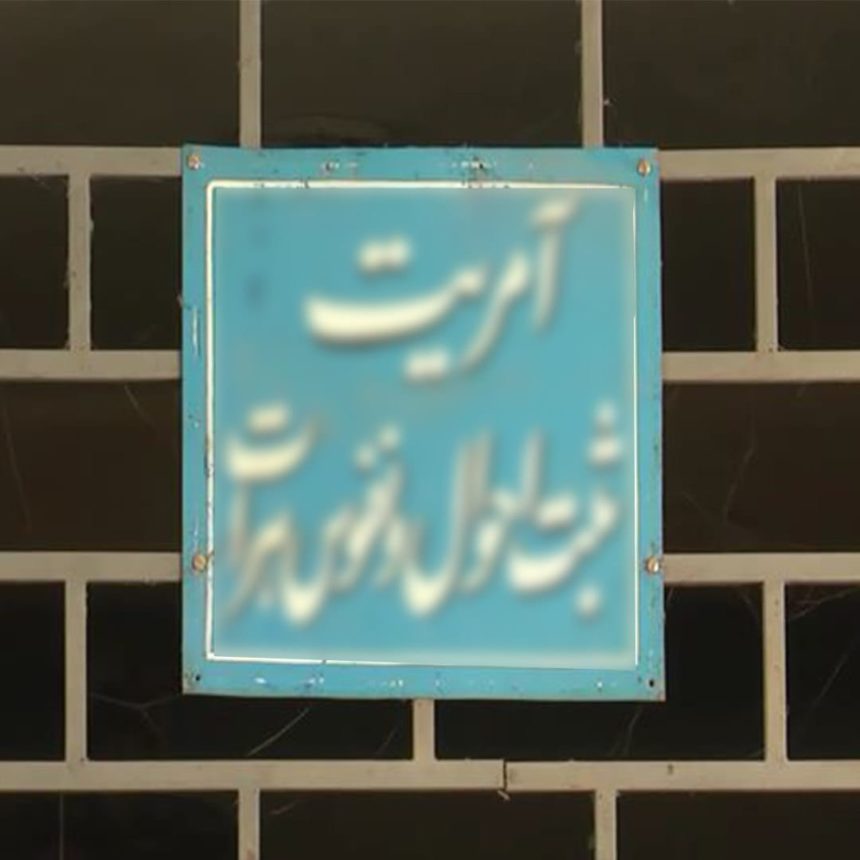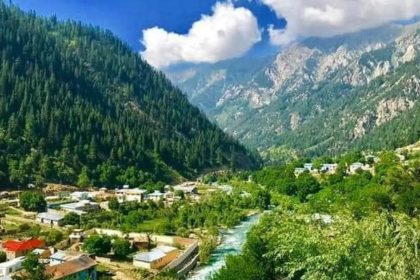RASC News Agency: In the ongoing saga of restrictions imposed on women and girls by the Taliban, authoritative sources within Herat province, situated in western Afghanistan, confirm a disturbing surge in bribery within the Civil Registration Office of the province. Allegedly, members of the Taliban group solicit bribes ranging from 500 Kabuli rupees (the common currency in Afghanistan) to a staggering two thousand Kabuli rupees per document transaction. An undisclosed but reliable source within Herat shared with a RASC news reporter on Monday, January 22nd, that those acquainted with Civil Registration Office personnel expedite their paperwork by discreetly offering bribes, enabling them to swiftly navigate document processes compared to fellow individuals in the bureaucratic queue.
The source added that certain individuals, hindered by their remote locations and time constraints preventing physical attendance at bureaucratic proceedings, opt to conclude administrative matters expeditiously by providing financial incentives, thus circumventing standard procedures. Furthermore, the source claimed that during Ashraf Ghani Ahmadzai’s presidency, corruption was purportedly minimal. However, under the Taliban’s administration, corruption has demonstrably escalated compared to prior Afghanistan regimes. The source emphasizes that if Taliban leaders genuinely champion Sharia and justice, they must expeditiously purge corrupt elements from their ranks to mitigate the pervasive influence of corrupt practices.
Ahmad Jamshidian, a Herat resident, informed RASC that corruption and bribery are endemic in global government institutions, not exclusive to the Taliban’s rule. Despite controlling Afghanistan’s governance, Taliban employees reportedly engage in various corrupt practices. Jamshidian notes that, despite the Taliban professing adherence to Islamic Sharia, instances arise where their personnel are implicated in diverse corrupt activities.
He suggests that identifying and expelling corrupt individuals by high-ranking Taliban officials would serve as a lesson to other members, promoting heightened vigilance. Meanwhile, Rafi Rustami, an informed individual in western Afghanistan, asserts that many Taliban members are primarily motivated by personal gain, albeit through principled and discreet means, avoiding overt corruption. He contends that, unlike Taliban members facing no consequences for engaging in corrupt or immoral activities, even the slightest transgressions by non-Taliban individuals are treated as international criminal acts.
Rustami observes that high-ranking Taliban officials have been implicated in significant crimes, yet their leader has not demonstrated any decisive reaction to address prevailing challenges. Notwithstanding, Faisal Aram, a civil activist in Herat, contends that since the Taliban assumed power in Afghanistan over two years ago, they have upgraded from worn-out motorcycles to the latest models. He questions how such financial transformations could transpire without underlying corruption.
Aram asserts that if the Taliban genuinely aspire to embody Islamic and humanitarian principles, they must abstain from all illicit activities and lead modest lives. It is worth noting that the Taliban in Herat province has not responded to these allegations. Current reports indicate that inmates in Herat province’s central prison include Taliban members imprisoned for various crimes, particularly ethical corruption and bribery.






